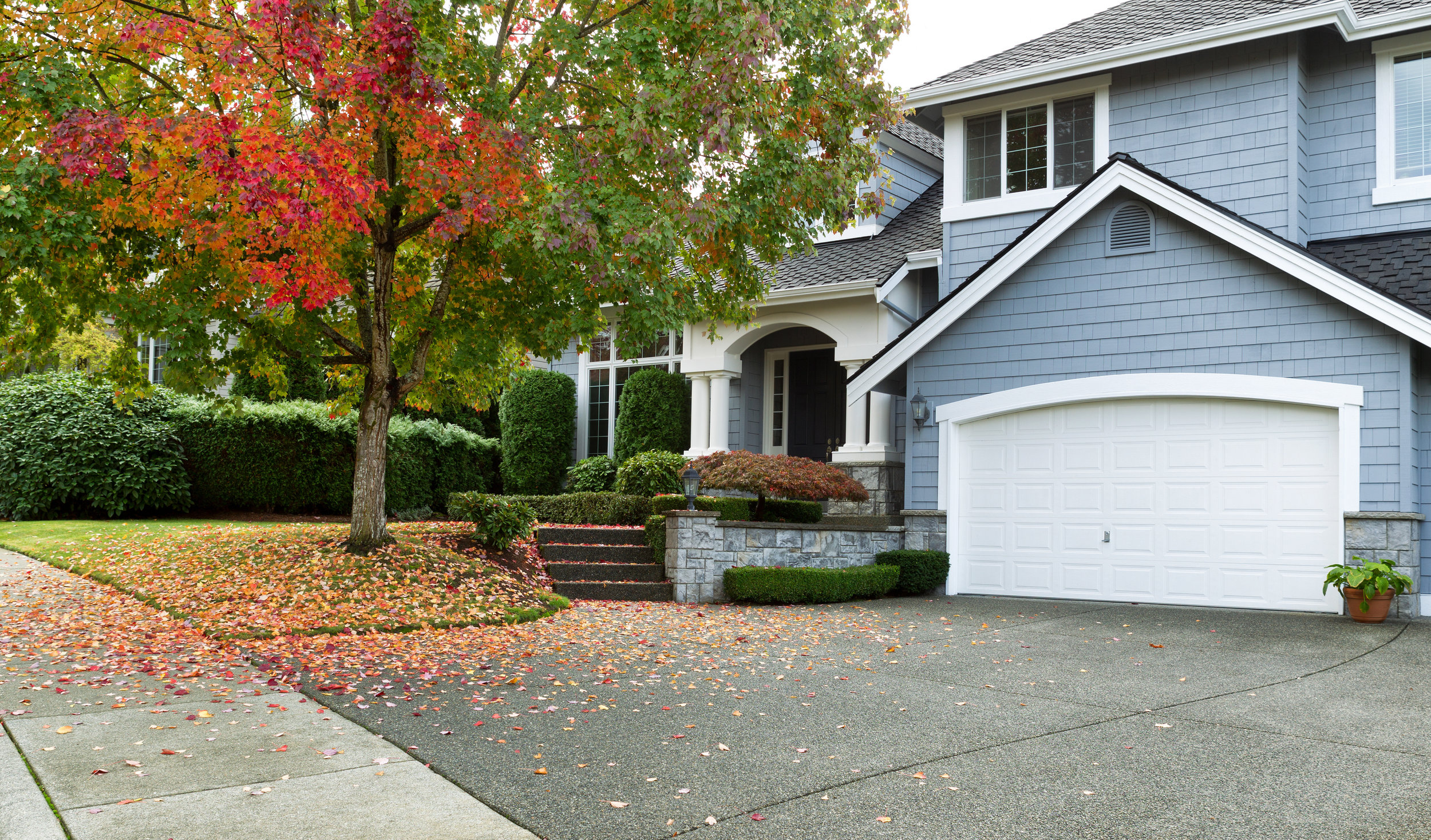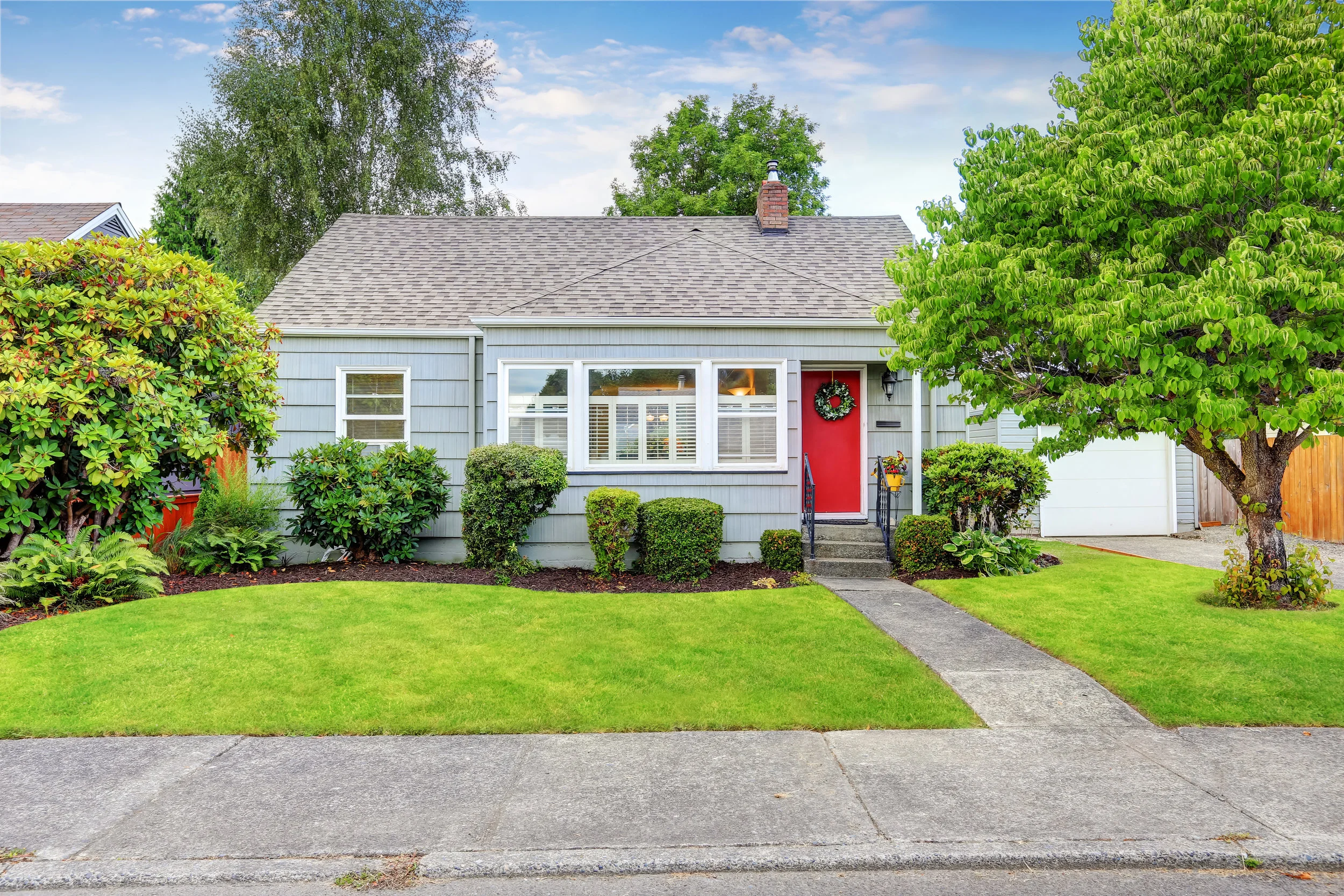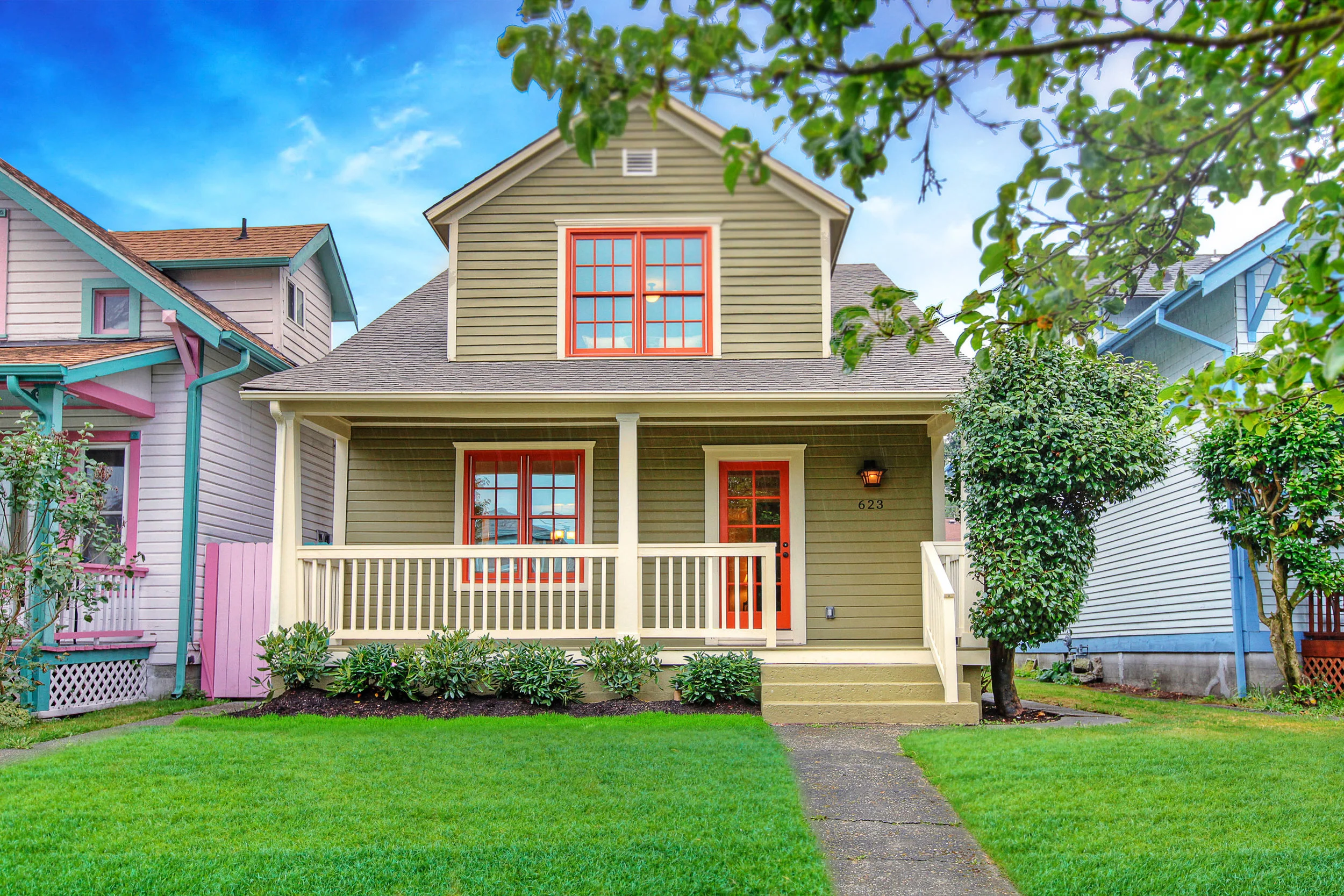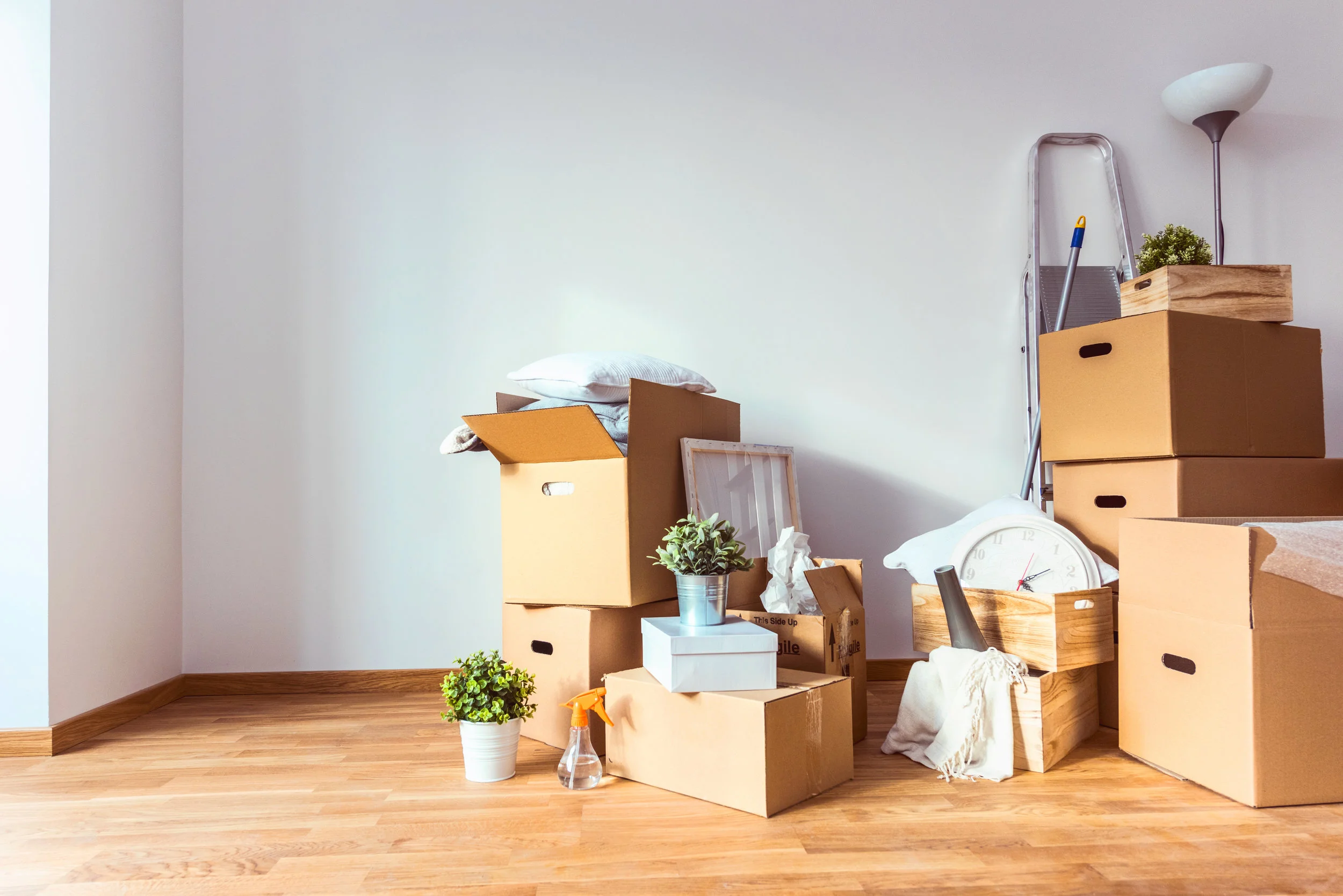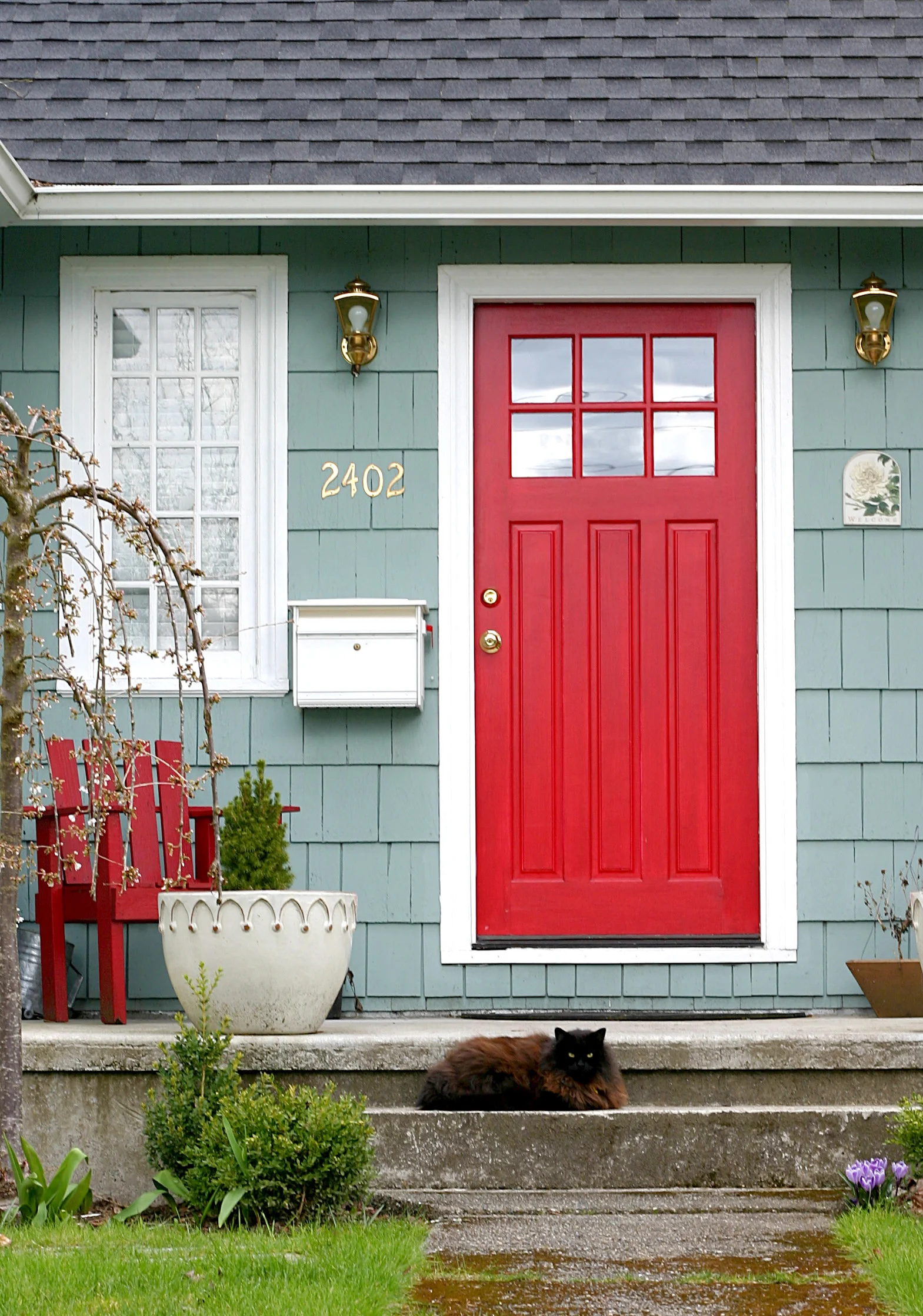Few sellers consider their neighbor's home when going to sell their own home. They're too busy getting their own home clean, painted, landscaped and ready to hit the market. But if your neighbor's home is lacking in curb appeal or there's an issue with the property line, your neighbors can impact the sale of your property. The good news is there are a few things you can do to help the situation if you put in the work ahead of time. The first thing you can do is develop a good relationship with your neighbor. See the short list of tips below and then listen to the show for more detailed advice from Dave and Robert!
How to Ensure Your Neighbors Don't Cost You Money on Your Home Sale
1. Develop a good relationship with your neighbors! Having a relationship with your neighbors not only enriches your life, it makes it easier to approach them if you need their help during the sale of your home. A few ideas to grow that relationship:
Bring the neighbors food! Whether you're introducing yourself for the first time or you just haven't talked to them in a while, cookies, fresh veggies, or homebaked bread can break the ice with your neighbors.
Good neighbors rarely gossip. Don't get sucked into gossip, move the conversation on to something else.
Exchange phone numbers with your neighbors. It's almost guaranteed that you will need your neighbor's phone number at some point!
Help out before you're asked! If you see that your neighbor struggles to mow the lawn in the summer heat, ask when it'd be best to stop by with your riding lawn mower. Or if they are in need of a babysitter, ask them when you can help out!
Be tidy! An untidy neighbor can make it hard to sell your home, don't be that untidy neighbor yourself!
Mow the lawn! This goes along with being tidy. A mowed lawn goes a long way in helping not only your curb appeal, but your neighbor's curb appeal!
Good neighbors communicate. If you see that your neighbor's fence is starting to wobble, communicate with them before it falls over and offer to help fix it! Establishing open communication will go a long way when you go to sell your home.
2. Keep your neighbors in the loop. If you plan to sell your home in the future, give your neighbors a heads up before it hits the market. If you think you'll need their help in any way during the selling process, it will be easier to approach them if they know the situation ahead of time.



